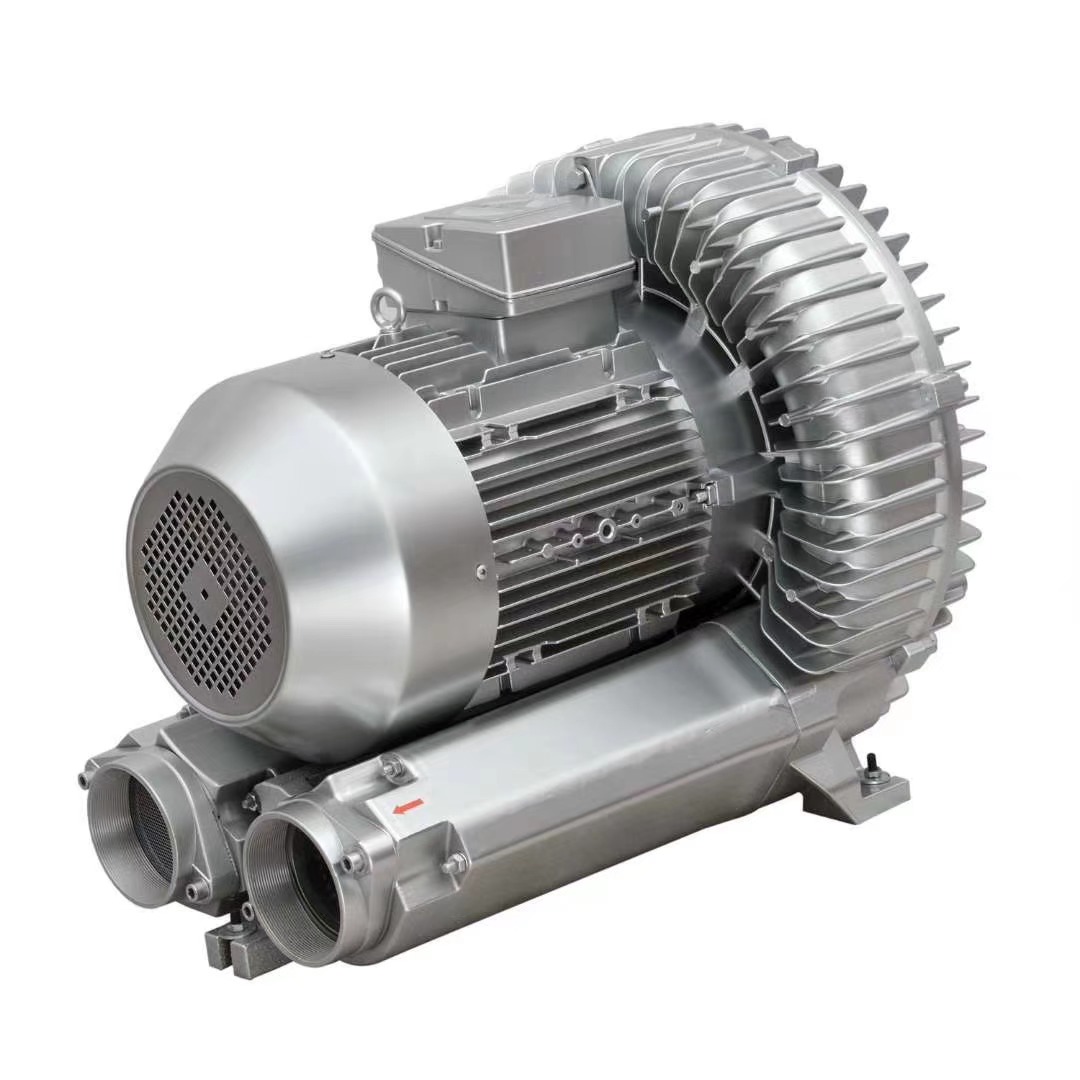- Home
- Products
- About Us
- Services & Support
- News
- Contact Us

A liquid dosing device, in its myriad forms and complexities, is far more than a simple pump; it is a vital instrument for precision control in a world that increasingly demands exactitude. From ensuring the safety of drinking water to perfecting the intricate formulations of life-saving medicines, its role is indispensable. The foundational principles of positive displacement, whether through peristaltic tubes, flexing diaphragms, reciprocating pistons, or rotating gears, provide the accuracy that defines these devices. Understanding their components, discerning the appropriate type for specific applications, and adhering to rigorous installation and maintenance protocols are all essential for maximizing their profound impact.

### Introduction The high-pressure vortex blower, also commonly referred to as a regenerative blower, side channel blower, or ring blower, represents a crucial piece of industrial equipment designed to provide substantial airflow at elevated pressures. Unlike centrifugal blowers that primarily fo

The landscape of industrial air handling has been revolutionized by advancements in blower technology, with the Air Suspension Centrifugal Blower emerging as a pinnacle of innovation. This sophisticated machinery represents a significant leap forward from conventional blowers, primarily due to its integration of air foil bearings and high-speed permanent magnet synchronous motors. Unlike traditional blowers that rely on oil lubrication and mechanical bearings, air suspension centrifugal blowers leverage a cushion of air to support their rotating shaft, eliminating physical contact, friction, and the need for lubricants.

Low-temperature sludge dryers offer a sustainable approach to sludge management by efficiently reducing moisture content below 100°C. This technology provides substantial benefits including enhanced energy efficiency, reduced environmental footprint through lower emissions, improved dried product quality for beneficial reuse, and increased operational safety. Dried sludge finds applications in agriculture, energy recovery, and construction. Ongoing advancements in hybrid designs and intelligent control systems continue to overcome operational challenges, positioning low-temperature drying as a critical solution for future circular economy initiatives and compliant waste valorization.

This article explores air diffusers, essential components of HVAC systems that enhance indoor air quality and comfort. It covers various types of diffusers, their functions, benefits, installation considerations, and common issues. Understanding air diffusers can help improve energy efficiency and create a more comfortable living environment.

*Article Summary**: This article provides an in-depth exploration of Roots blowers, covering their definition, mechanism, applications, advantages, and maintenance. Roots blowers are essential in various industries for efficient air and gas handling, offering reliability and versatility. Proper maintenance ensures their longevity and optimal performance.